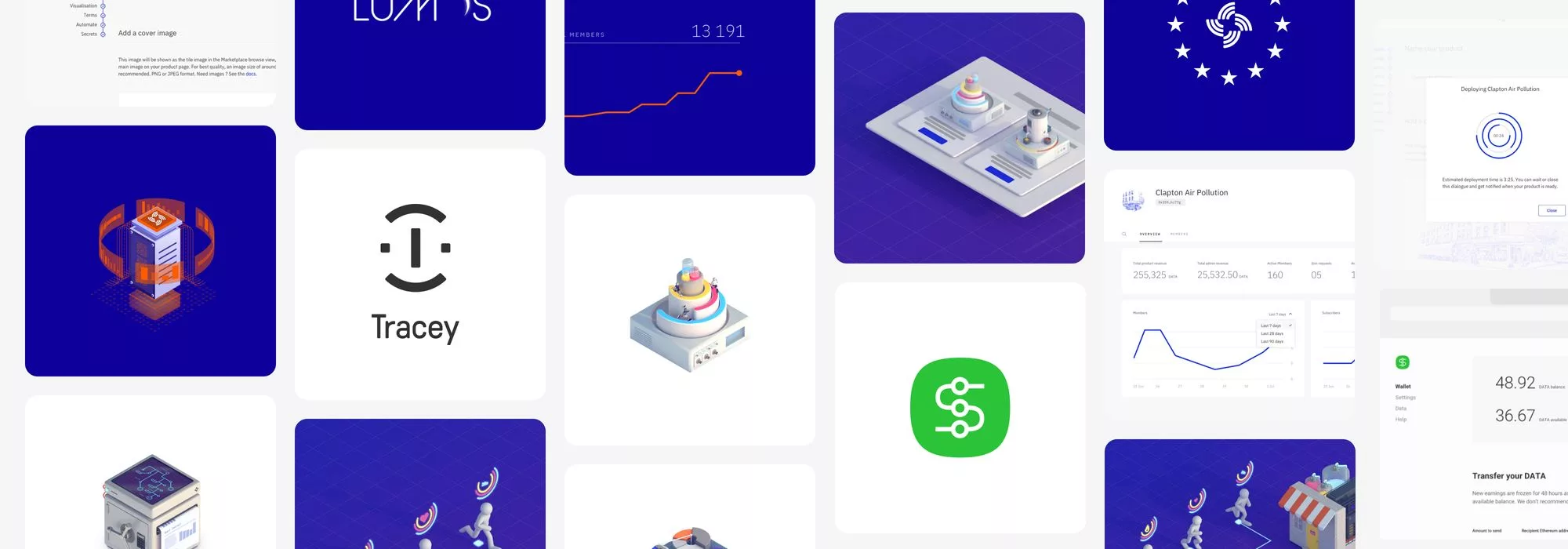New EU regulation will make real-time data portability mandatory for big platform operators. GAFA (Google, Amazon, Facebook, Apple) will have to give both business users and end users the right to port their data in realtime through APIs – third parties will be also allowed to do this, on behalf of business users at least. This means that Data Unions can get access to data directly at the source on behalf of their members.
What is the Digital Markets Act (DMA)? The DMA is the second part of three proposals from the European Commission and was published on the 15th of December 2020, alongside the Digital Services Act, and following on from the publication of the Data Governance Act. All three are now in the proposal stage before heading to the EU parliament.
The DMA is solely directed at regulating “Gatekeepers” – big platform operators with significant control over areas of business and end users. Gatekeepers are defined in the following qualitative and quantitative ways:
They provide ‘core platform services’ which include:
- online intermediation services (for example marketplaces or app stores)
- online search engines
- social networking
- video sharing platform services
- operating systems
- cloud services
- advertising services.
So this covers platforms like Youtube, Facebook, Apple Music and Amazon for sure. It’s hard to say who else might fall into this category. Further requirements include an annual EEA turnover equal to or above 6.5 billion EUR, as well as 45 million monthly active end users established or located in the Union.
What does this mean for Data Unions?
When it comes to Data Unions, the section is small, but incredibly powerful. The act proposes real time portability rights! And specifically mandating third parties to utilise those rights. This would open up the doors for a myriad of Data Unions to be built on top of the above-mentioned gatekeeper platforms, using the real-time API access. In the proposed act it says:
“Gatekeepers benefit from access to vast amounts of data […] to ensure that gatekeepers do not undermine the contestability of core platform services as well as the innovation potential of the dynamic digital sector […] business users and end users should be granted effective and immediate access to the data they provided or generated. It should also be ensured that business users and end users can port that data in real time effectively, such as for example through high quality application programming interfaces.
The gatekeeper should, upon their request, allow unhindered access, free of charge, to such data. Such access should also be given to third parties contracted by the business user, who are acting as processors of this data for the business user.”
In the next step of the legislation, the European Parliament and member states will debate the Commission’s proposals. However, according to experts, the legislative process will continue for several years.
Learn more about Data Unions
- Discover Data Unions
- Documentation: Intro to Data Unions
- Data Union DAO










